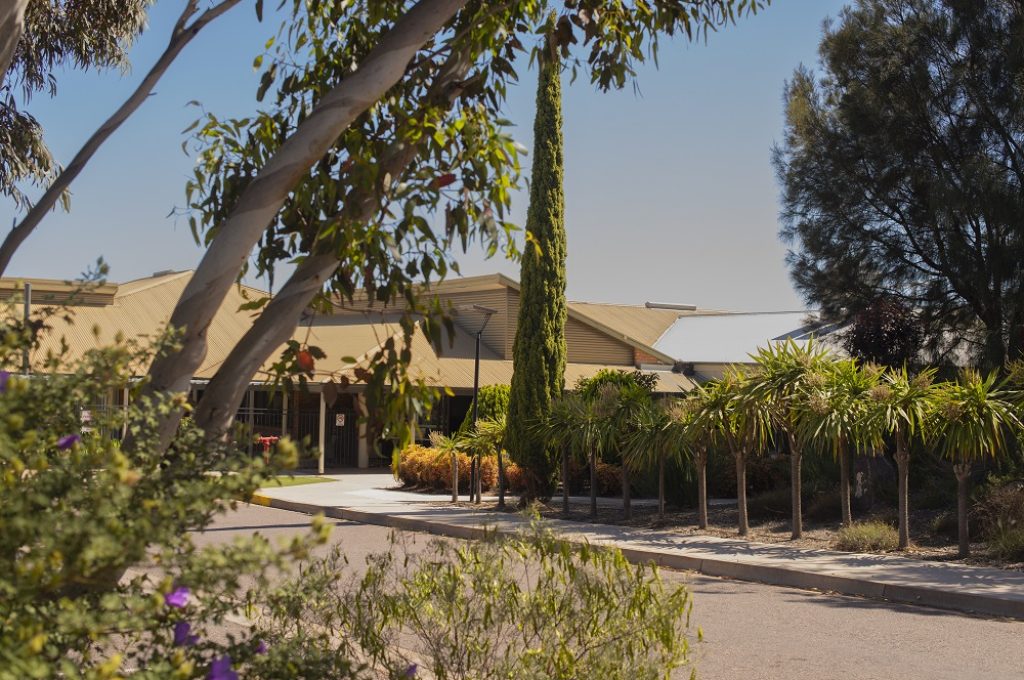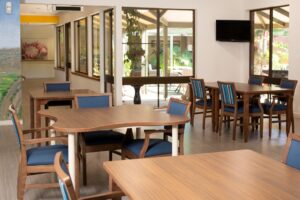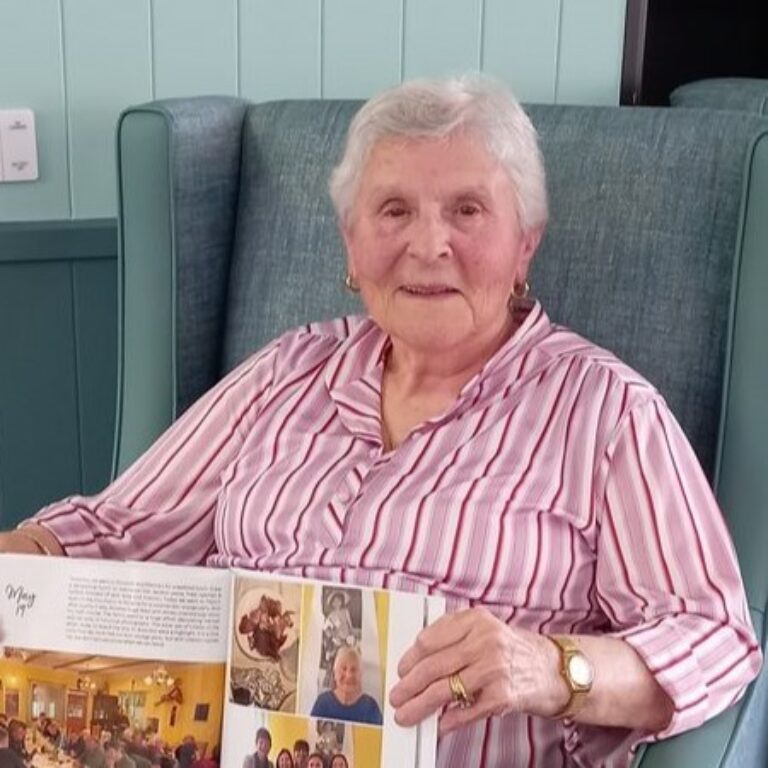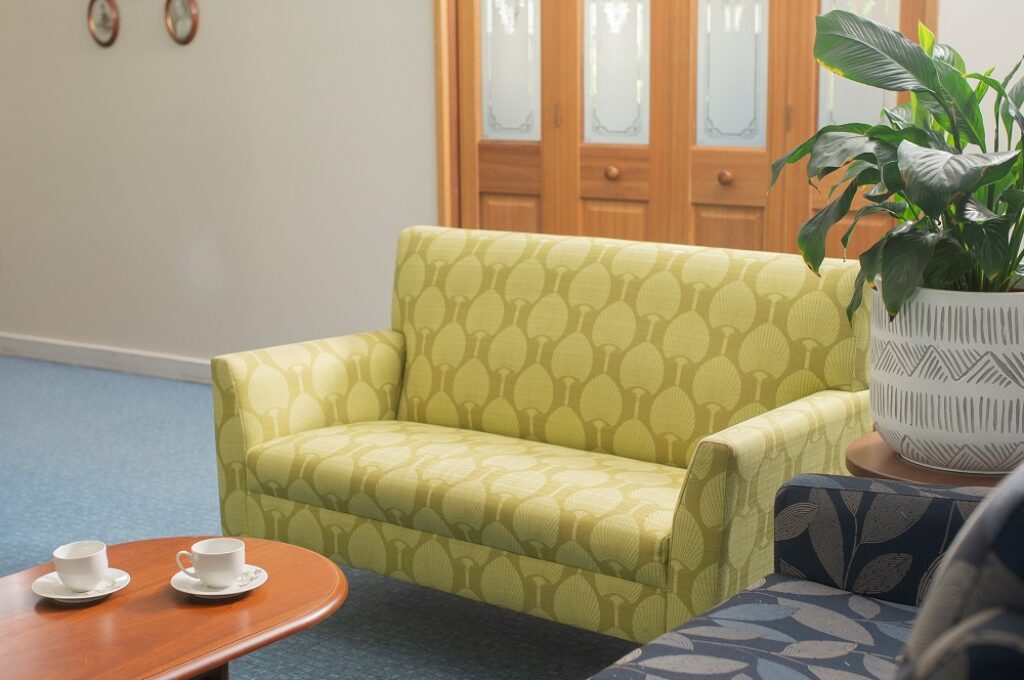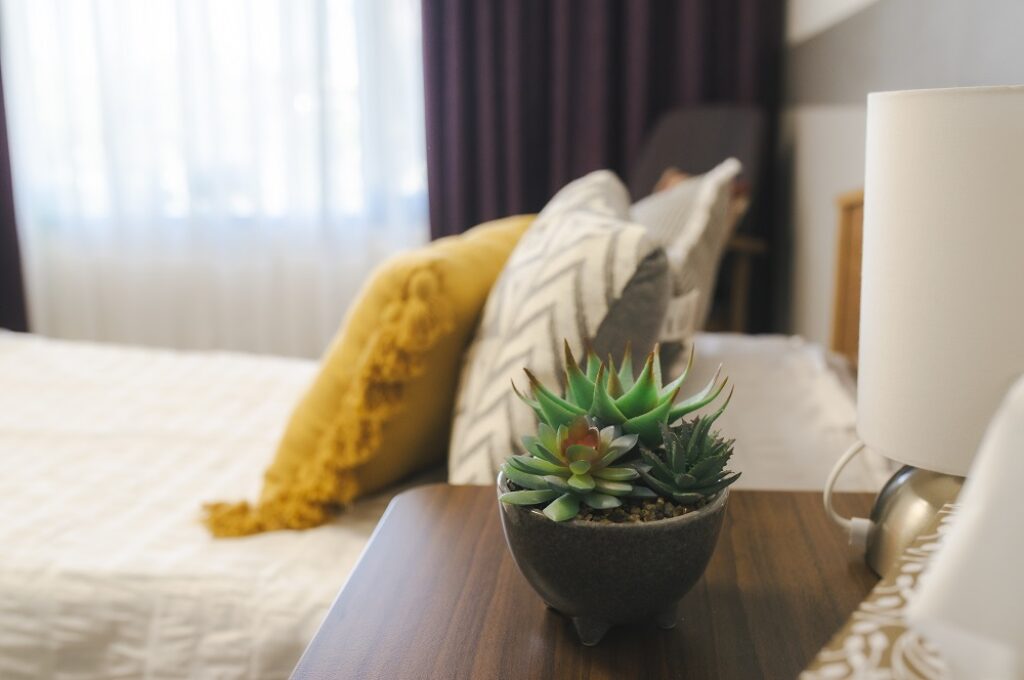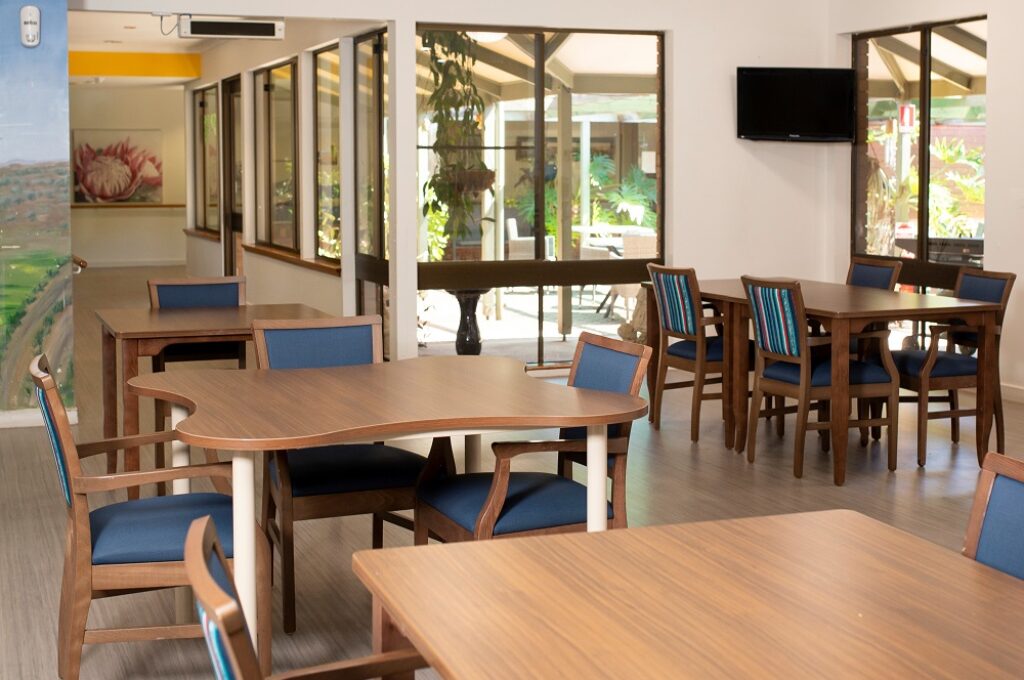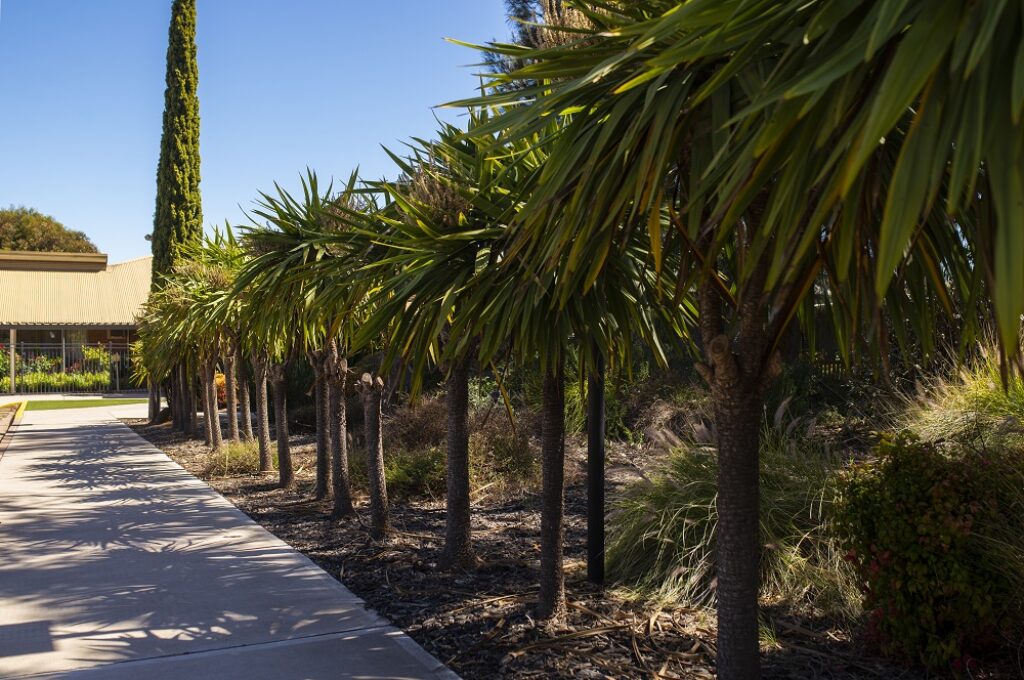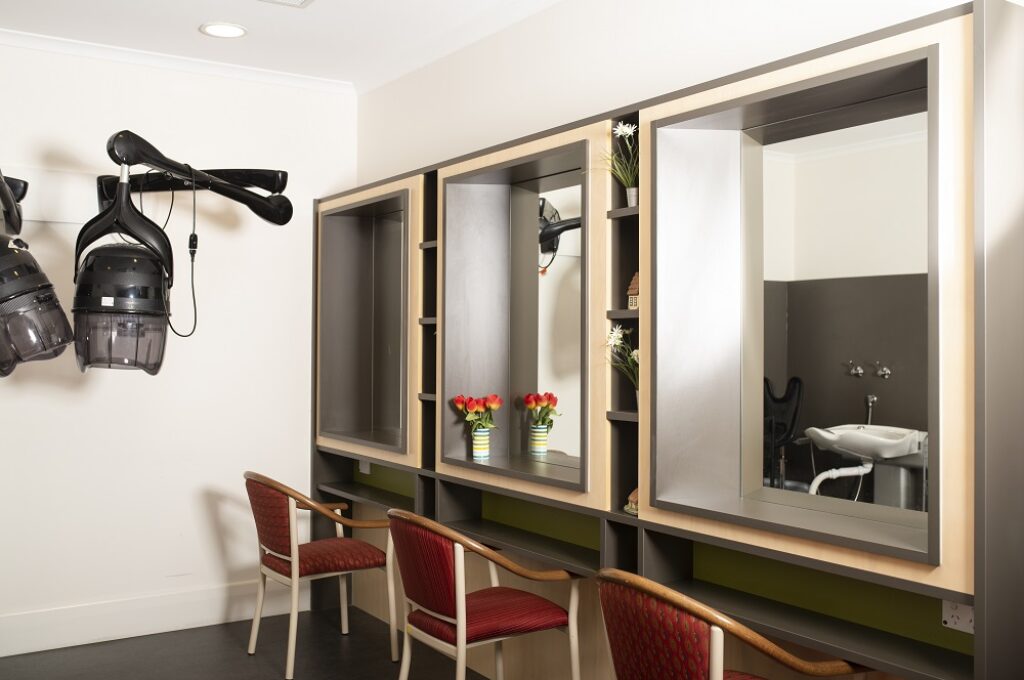If you’re interested in moving in to our home Yeltana in Whyalla please complete a Residential Care Expression of Interest Form.
Yeltana has a beautiful foreshore location, with picturesque views over Spencer Gulf.
There are a variety of room choices, including beachfront rooms with private ensuites, and double rooms which can accommodate the needs of couples.
The memory support unit assists those living with dementia with specialised support and care.
We provide quality home style cooking with much of our produce sourced locally.
Tailored care, lifestyle, health and nutrition programs are created with residents when they move in to Yeltana, and are reviewed often to ensure residents have the best quality of life.
Floorplans and pricing
Coming soon

